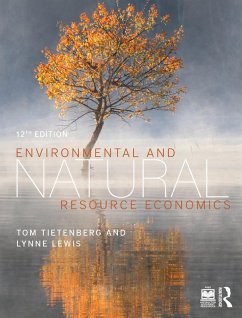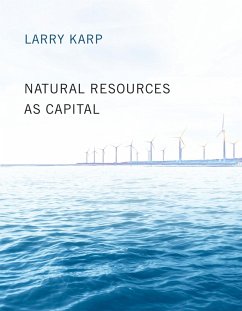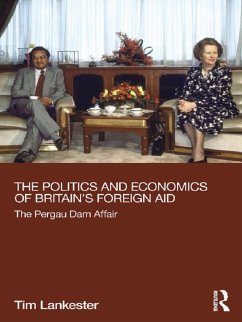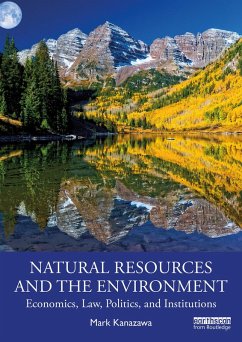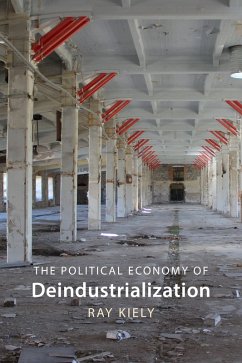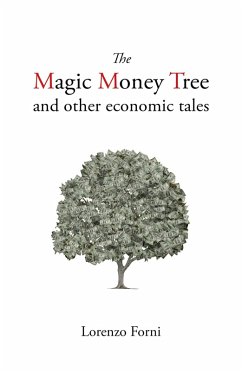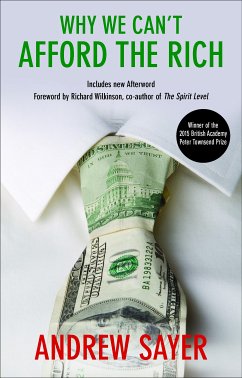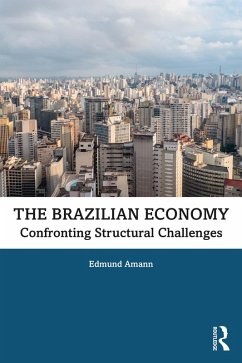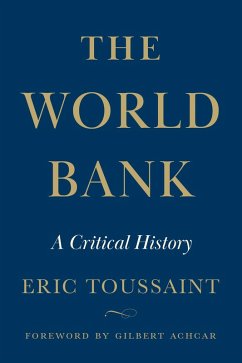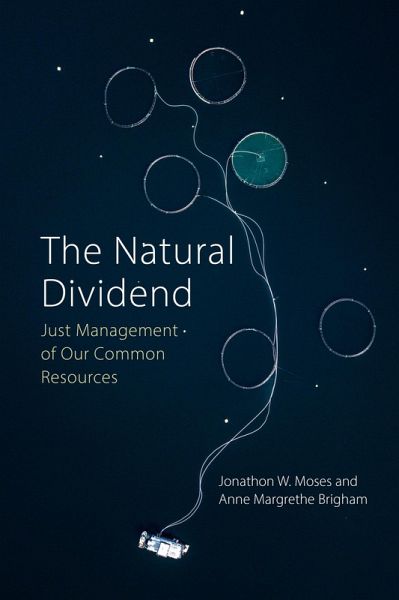
The Natural Dividend (eBook, ePUB)
Just Management of our Common Resources

PAYBACK Punkte
13 °P sammeln!
Forced to embrace a post-carbon future, or risk serious damage to the planet, we have begun a race for alternatives to the scarce resources that previous generations relied on. In this book, Jonathan Moses and Anne Brigham consider how best we might negotiate the world's scarce pool of natural resources, and avoid the pitfalls of the past.In order to shift the world's consumption from one set of scarce natural resources to another, they show the need for management regimes that are both politically, as well as environmentally, sustainable. They propose an alternative way to think about resourc...
Forced to embrace a post-carbon future, or risk serious damage to the planet, we have begun a race for alternatives to the scarce resources that previous generations relied on. In this book, Jonathan Moses and Anne Brigham consider how best we might negotiate the world's scarce pool of natural resources, and avoid the pitfalls of the past.
In order to shift the world's consumption from one set of scarce natural resources to another, they show the need for management regimes that are both politically, as well as environmentally, sustainable. They propose an alternative way to think about resource management for the future, one based on the collective ownership of (stewardship over) nature, and one where the rents resulting from this ownership, like the resources that produce them, belong to the people. Using case studies from particular markets, they demonstrate how such a management model might work to protect our common heritage and allow communities to secure the benefits we can and should expect from scarce resources - our natural dividend.
In order to shift the world's consumption from one set of scarce natural resources to another, they show the need for management regimes that are both politically, as well as environmentally, sustainable. They propose an alternative way to think about resource management for the future, one based on the collective ownership of (stewardship over) nature, and one where the rents resulting from this ownership, like the resources that produce them, belong to the people. Using case studies from particular markets, they demonstrate how such a management model might work to protect our common heritage and allow communities to secure the benefits we can and should expect from scarce resources - our natural dividend.
Dieser Download kann aus rechtlichen Gründen nur mit Rechnungsadresse in A, D ausgeliefert werden.




